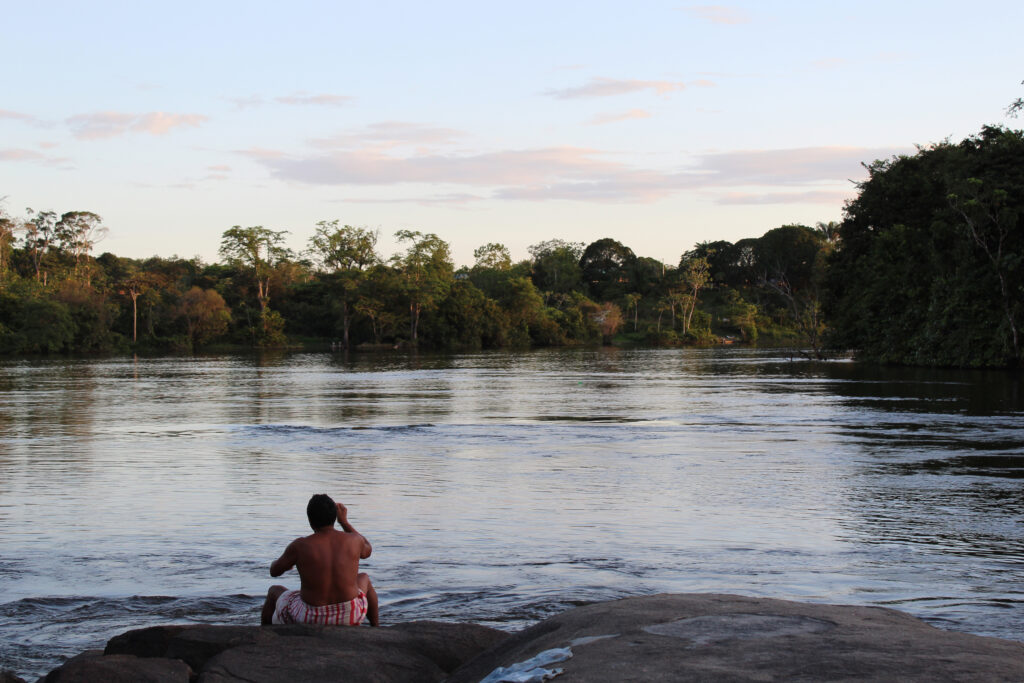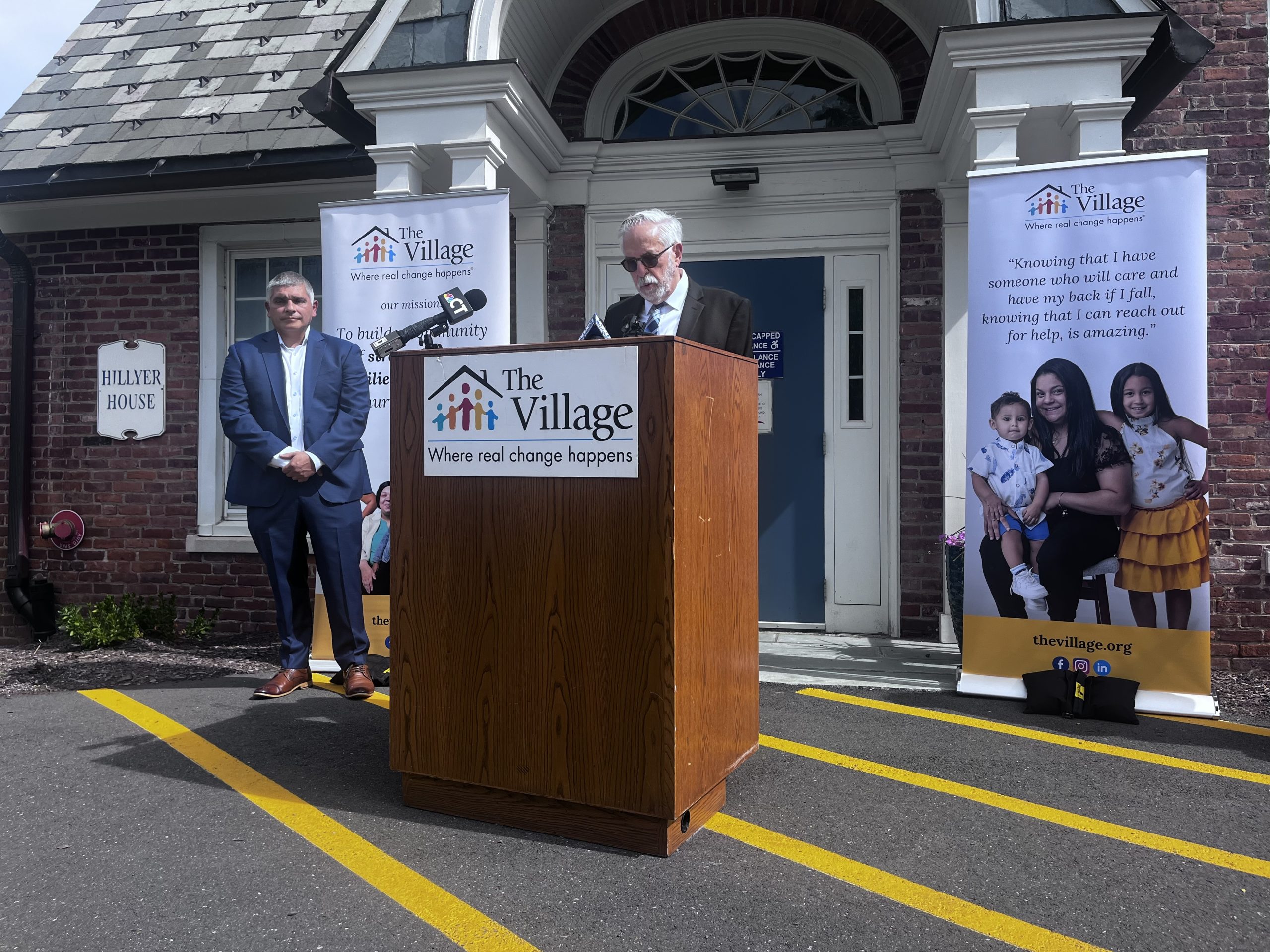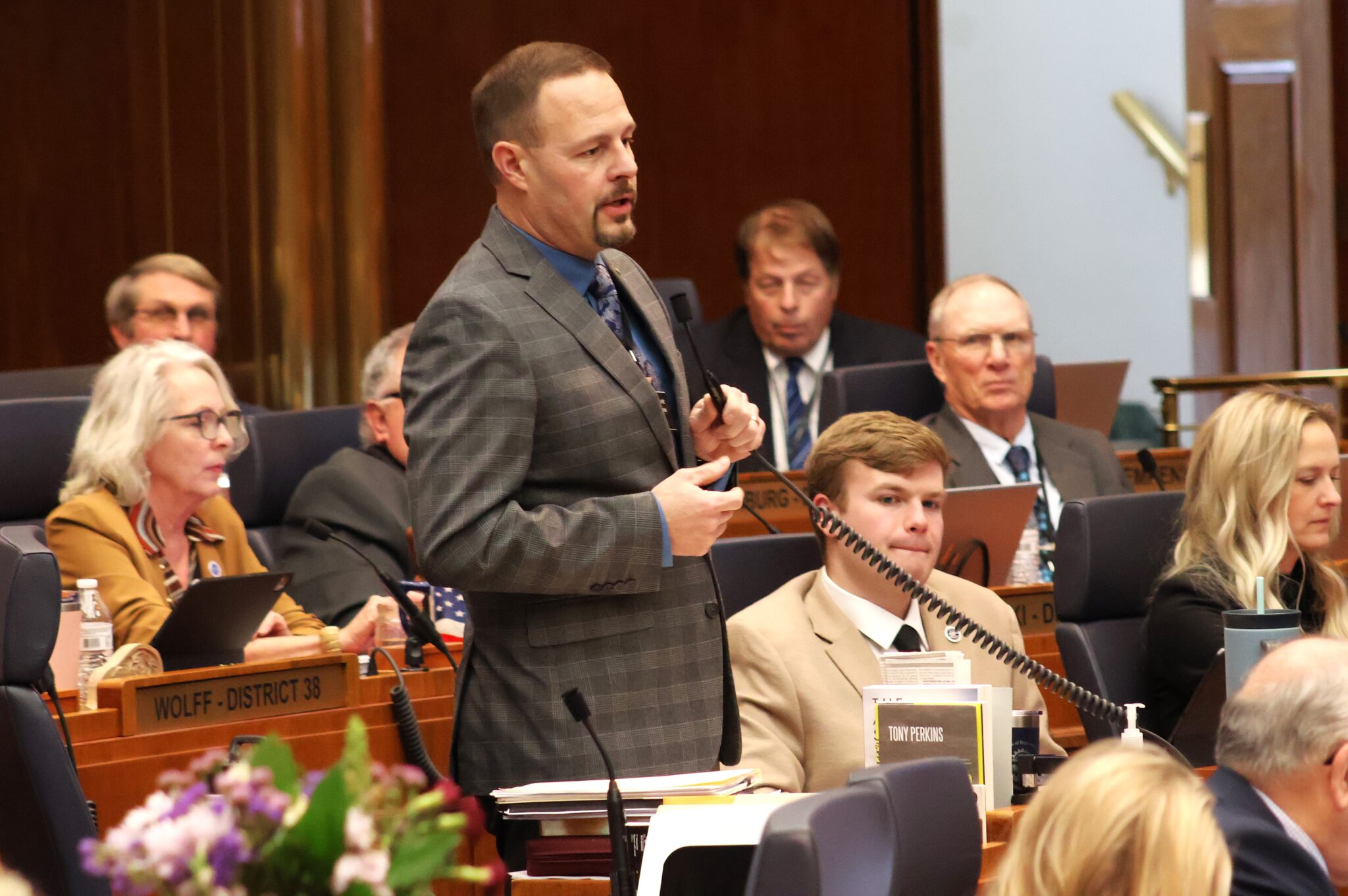Forest Loss: How Indigenous Land Rights Could Be the Key to Global Health

A groundbreaking scientific study has revealed a fascinating connection between Indigenous territories and human health, highlighting the critical role of preserved forest ecosystems. Researchers discovered that municipalities situated near Indigenous lands with well-maintained forests experience a significantly lower risk of disease transmission.
The peer-reviewed research delves into how the preservation of natural landscapes by Indigenous communities can have profound implications for public health. By maintaining intact forest environments, these territories act as natural barriers and health buffers, potentially reducing the spread of various diseases.
This study provides compelling evidence of the intricate relationship between environmental conservation and human well-being. It underscores the importance of protecting Indigenous lands not just as cultural heritage sites, but as vital ecological zones that contribute to broader community health and safety.
The findings offer a powerful reminder of the wisdom embedded in Indigenous land management practices and their potential to create healthier, more resilient communities. As global health challenges continue to emerge, understanding these complex ecological interactions becomes increasingly crucial.








